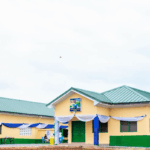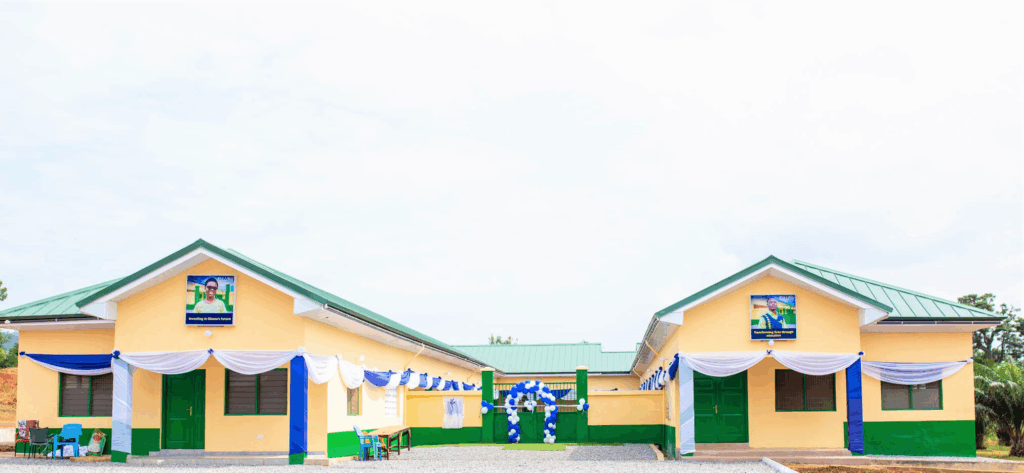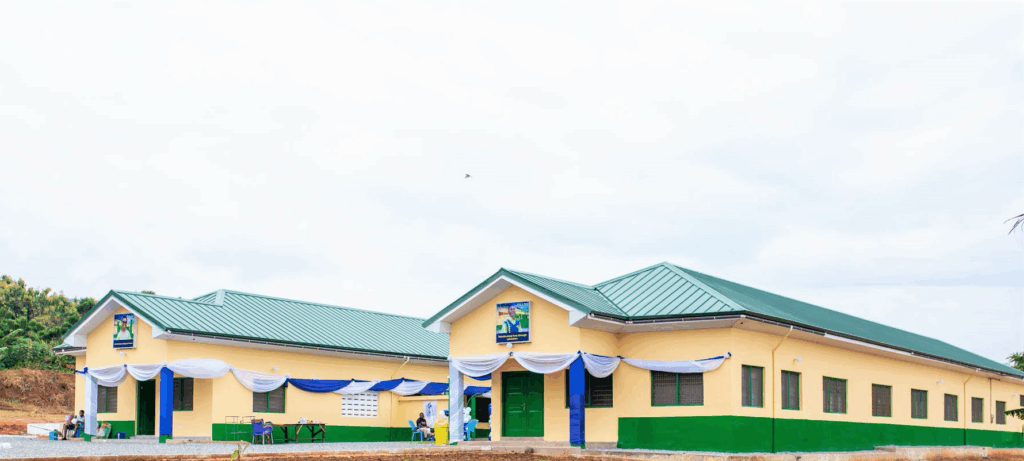
Students of Yilo Krobo Senior High School in the Eastern region will now benefit from a brand-new 300-capacity boys’ dormitory, thanks to Tullow Ghana’s $10 million educational infrastructure programme.
The facility, named ‘Tullow City’ by students at the school, was officially commissioned at a ceremony attended by key government officials, education stakeholders, and community leaders.
Eastern Regional Minister, Rita Akosua Adjei Awatey, praised the initiative as a life-changing intervention for the school.
“By investing in the education of our youth, you are not only giving back to society but also sowing into the future human capital of Ghana.
This modern dormitory, with spacious rooms and good ventilation, will provide a setting that promotes discipline, academic focus, and ultimately, improved performance,” she said.
Managing Director of Tullow Ghana, Jean-Medard Madama, reaffirmed the company’s commitment to developing local human resource talent to take over the operations of the oil and gas industry in Ghana.
“Education goes beyond information transfer; it is the lighting of a fire in young people to see their world differently and become agents of change.

“That is why we committed to building infrastructure for 15 senior high schools across three regions, including Yilo Krobo SHS,” he noted.
He emphasised that Tullow’s investment also responds to recommendations from the National Education Forum on overcrowding in schools and reiterated that “the true measure of a company is its impact in the communities in which it operates, beyond commercial imperatives.”
Albert Nyakotey, the Yilo Krobo MP, expressed gratitude to Tullow Ghana, recalling the poor state of the school’s old dormitory.

“Today we have a modern facility that not only provides shelter but also fosters a sense of community and discipline among our students,” he said.
The MP, who is also a member of Parliament’s Select Committee on Energy, encouraged students to maximise the opportunity.
“Use this space to create lasting friendships, engage in collaborative learning and embark on the journey of becoming responsible citizens and leaders of tomorrow.”
The commissioning highlights the role of public-private partnerships in addressing overcrowding and infrastructure gaps in Ghana’s secondary schools, while shaping opportunities for the next generation.